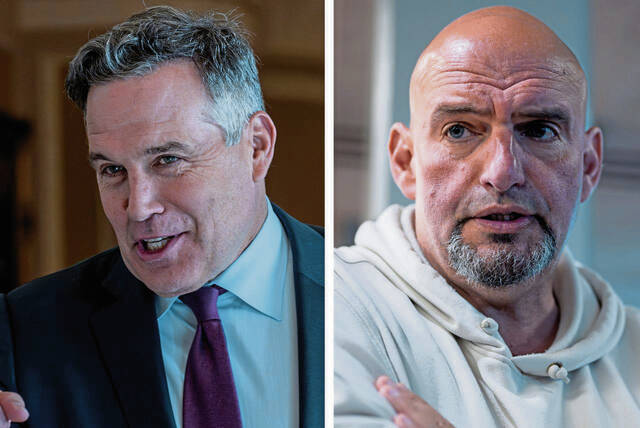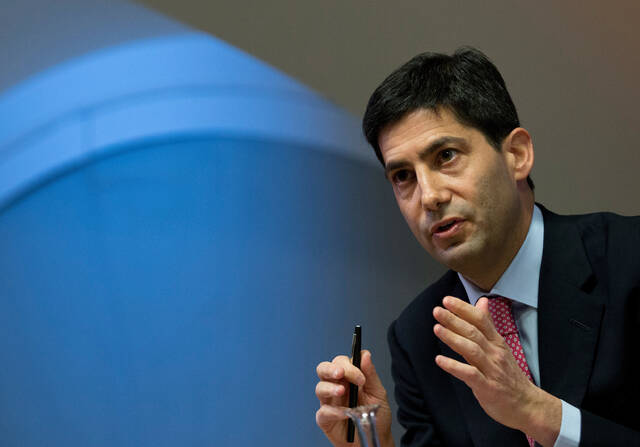For months, the deadline has loomed.
June 30.
The day Highmark patients would have to start paying for medical care at UPMC hospitals up front instead of presenting an insurance card and letting the process play out the way it does with other companies.
But for UPMC, a different deadline has apparently sparked movement.
June 10.
The day the nonprofit heads back into court. The day of the trial when Pennsylvania Attorney General Josh Shapiro will argue to stave off the end-of-month demise of the consent decree signed between the two health care giants.
Shapiro scored the Commonwealth Court face-off thanks to a Supreme Court ruling in May. It was a decision UPMC heralded as a victory because it didn’t just change the June 30 date.
Last-minute scrambling makes one wonder if UPMC’s bravado was really bluster.
On Wednesday, UPMC said it would roll back the prepay provision for Highmark’s Medicare Advantage patients and accept federally set Medicare fee schedule amounts. But specifically asked about cancer care and UPMC Magee-Womens, the nonprofit told the Tribune-Review that the prepay policy was staying put.
Until Thursday. Then UPMC backed down from the requirement for younger Highmark patients seeking treatment at Hillman Cancer Center’s 60 facilities.
UPMC is ranked No. 23 in the country for cancer care by U.S. News & World Report. In Pennsylvania, only the Hospitals of University of Pennsylvania-Penn Presbyterian are ranked higher. They said the reversal came because Highmark never suggested their clients would like access to UPMC’s cancer care, but a recent meeting with patients changed their mind.
Really? It couldn’t have anything to do with both Pennsylvania House Democrats and House Speaker Mike Turzai, R-Bradford Woods, supporting legislation that would mean sick people with insurance can’t be shunned because of the logo on their card?
It couldn’t be about Shapiro’s other demands, like making UPMC accept any insurance “in perpetuity” and majorly remake the nonprofit’s board?
Or maybe it really is, as Turzai said, “the result of sustained dialogue and cooperation, not combativeness, lawsuits and antagonism.” Anything is possible.
But what it should have been about all along is the timely, compassionate, acceptably priced treatment of patients.








